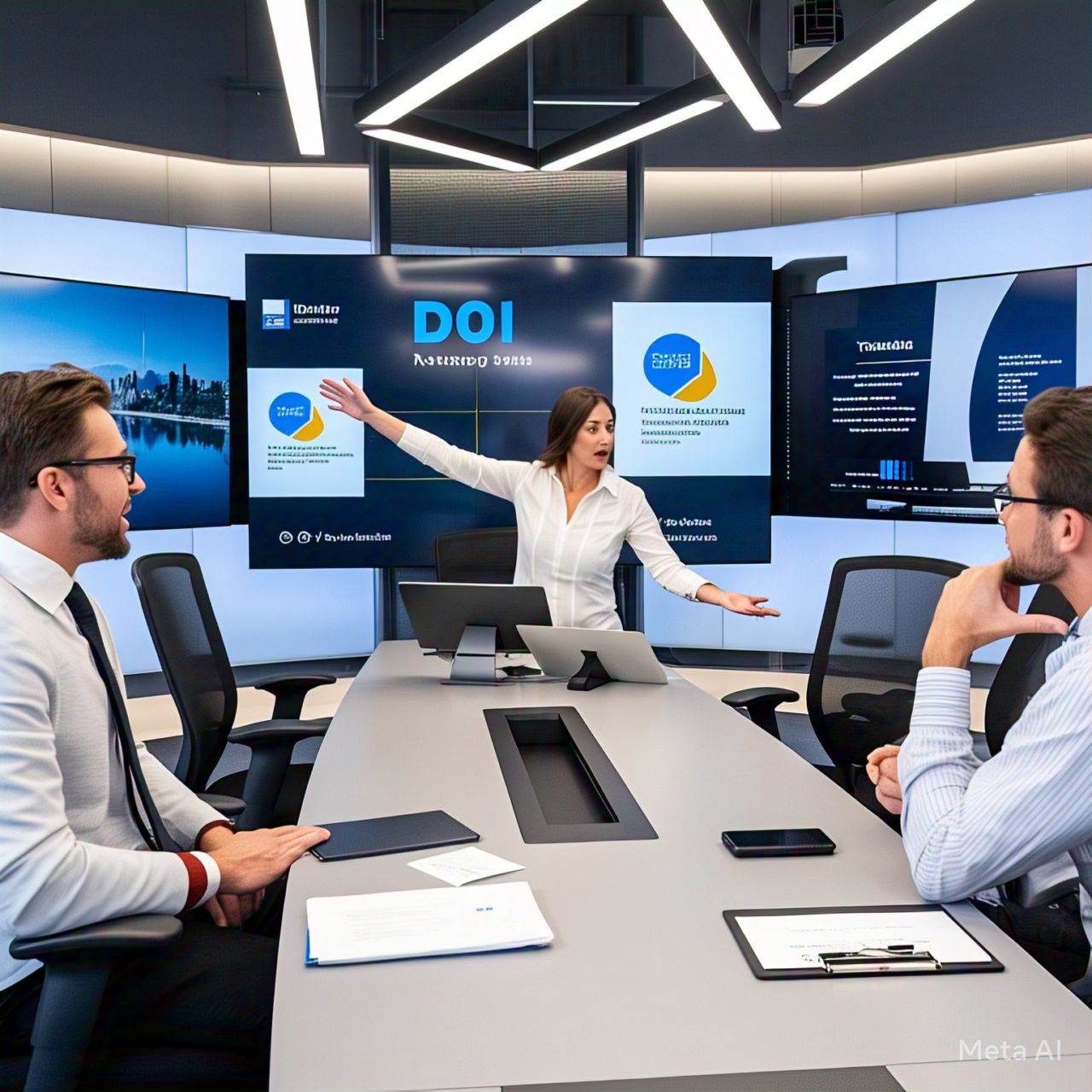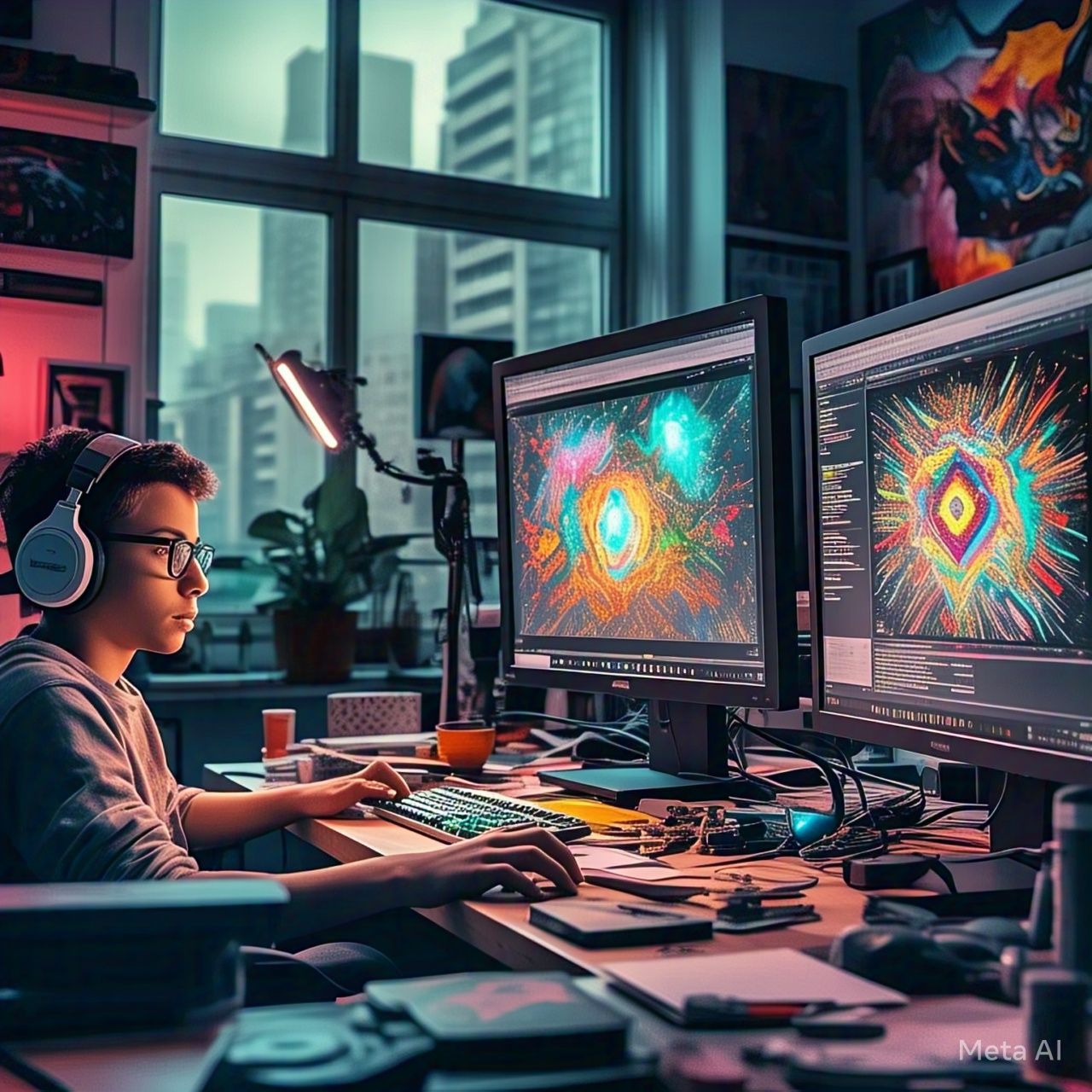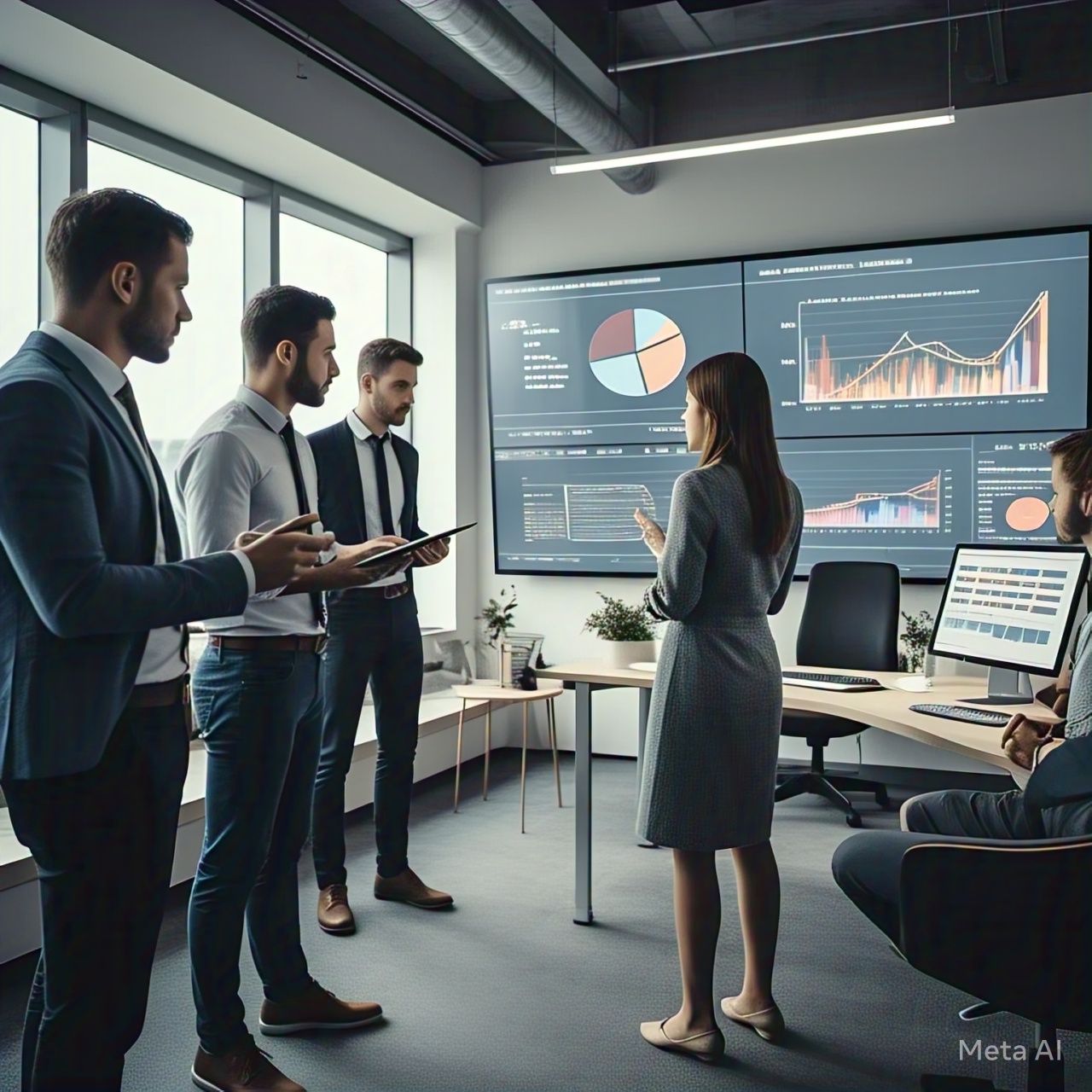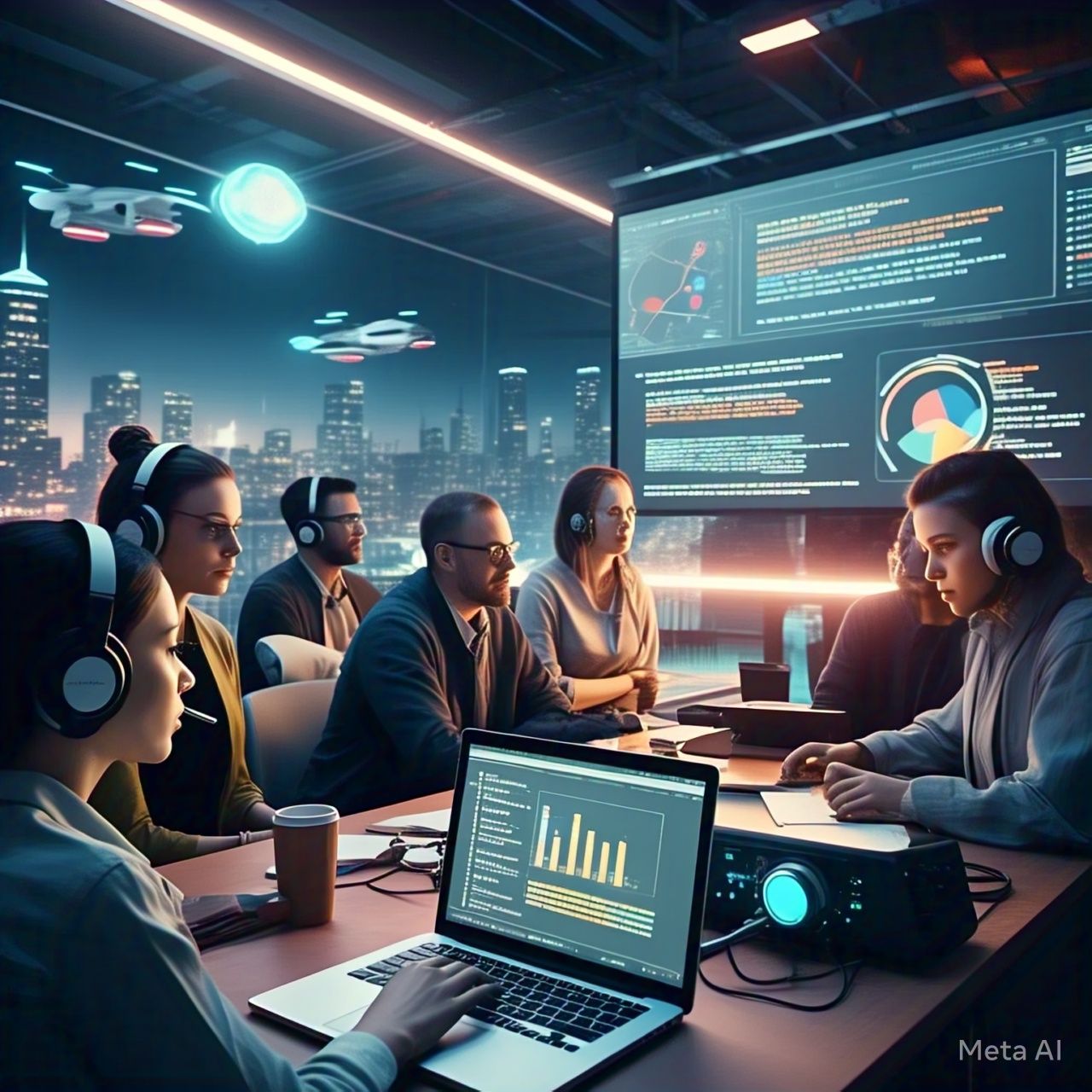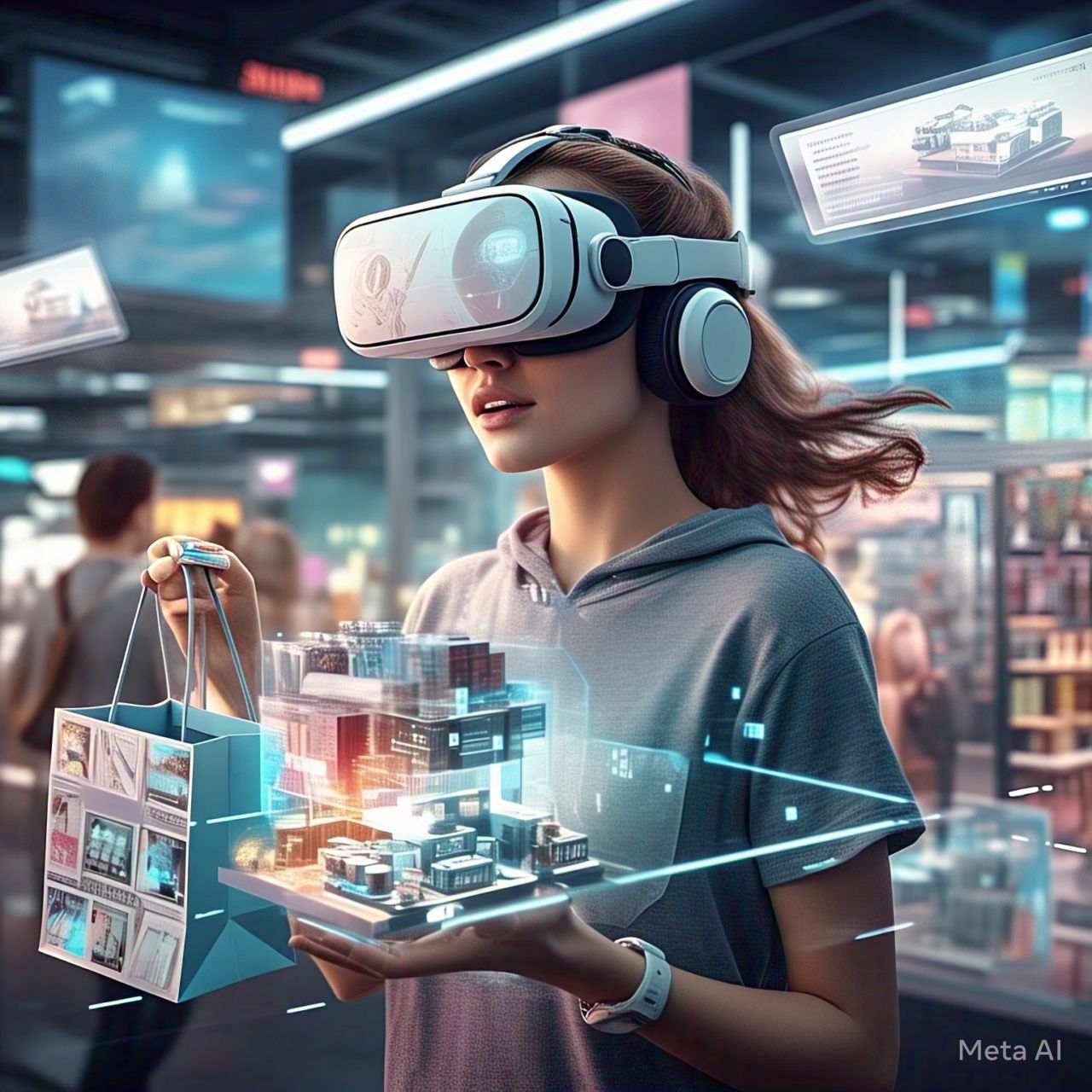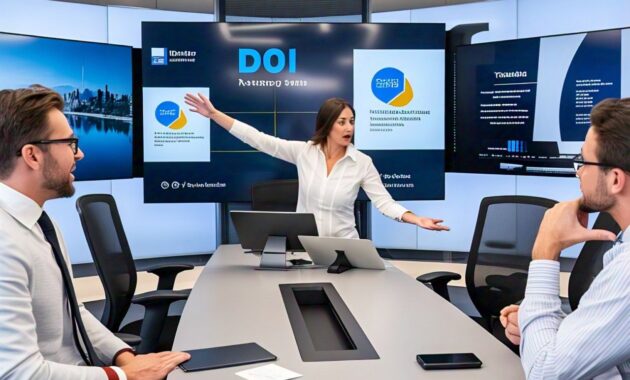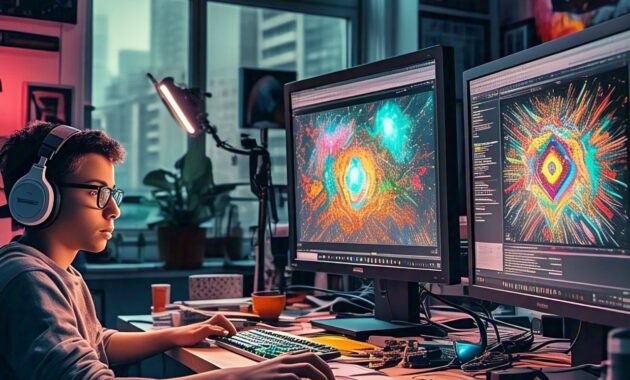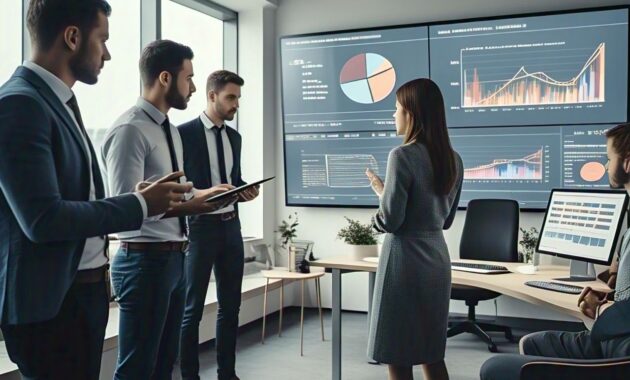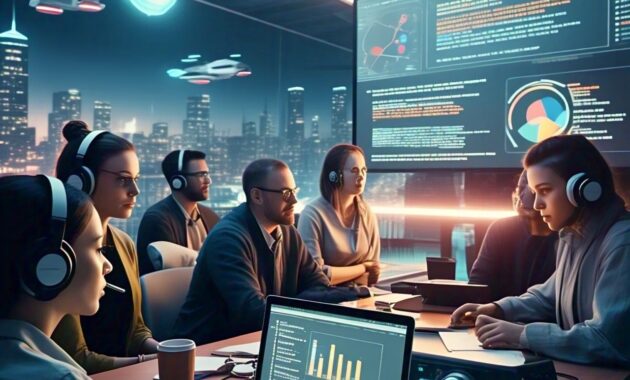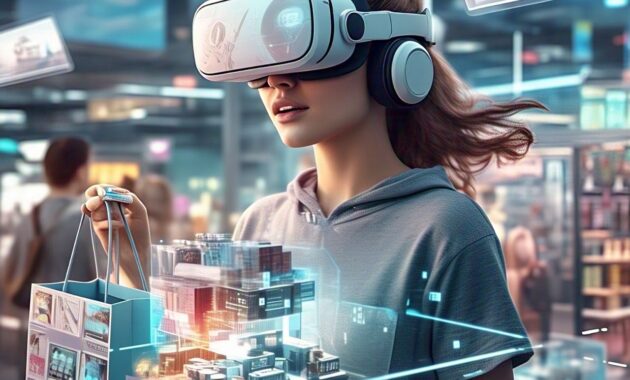Mharketing has always been about understanding consumers, predicting trends, and delivering the right message at the right time. However, with the vast amounts of data available today, traditional marketing methods are struggling to keep up. Enter Artificial Intelligence (AI)—a game-changing technology that is revolutionizing the way businesses connect with their audiences.
From personalized recommendations to automated content creation, AI-powered marketing is enhancing efficiency, improving customer experiences, and driving higher conversion rates. But what exactly is AI-powered marketing, and how is it changing the industry?
In this comprehensive guide, we’ll explore:
- What AI-powered marketing is
- Key AI technologies shaping modern marketing
- Benefits of AI in marketing
- Real-world examples of AI in action
- Challenges and the future of AI-powered marketing
What is AI-Powered Marketing?
AI-powered marketing refers to the use of artificial intelligence, machine learning, and data analytics to automate, optimize, and personalize marketing strategies. Instead of relying on manual data analysis and decision-making, AI helps marketers:
✅ Analyze vast datasets quickly
✅ Predict consumer behavior and trends
✅ Automate repetitive tasks like email marketing and customer support
✅ Enhance personalization in advertising and content marketing
By leveraging AI, brands can improve targeting, increase engagement, and drive better results with minimal human intervention.
Key AI Technologies Transforming Marketing
1. Machine Learning & Predictive Analytics
Machine learning algorithms process massive datasets to identify patterns, predict trends, and optimize marketing strategies.
💡 Example: E-commerce platforms like Amazon use predictive analytics to suggest products based on past purchases and browsing history.
2. Natural Language Processing (NLP) & Chatbots
NLP allows AI to understand, interpret, and generate human language, powering chatbots, voice assistants, and AI-driven content creation.
💡 Example: Chatbots like Drift, Intercom, and ChatGPT handle customer queries 24/7, improving customer service while reducing operational costs.
3. AI-Powered Content Generation
AI tools can write blog posts, social media captions, and email newsletters based on predefined guidelines.
💡 Example: Jasper AI and Copy.ai generate marketing copy for businesses, reducing the need for human content creators.
4. Computer Vision for Visual Marketing
AI can analyze images and videos, enabling visual search, augmented reality (AR) experiences, and targeted visual content.
💡 Example: Pinterest Lens allows users to search for products by uploading photos, enhancing the online shopping experience.
5. Programmatic Advertising & AI-Powered Ad Targeting
AI automates ad placements and bidding strategies to deliver the most relevant ads to the right audiences.
💡 Example: Google Ads and Meta Ads use AI to optimize ad targeting, reducing costs and increasing ROI.
6. Sentiment Analysis & Social Listening
AI scans social media and online reviews to understand customer sentiments, trends, and brand perception.
💡 Example: Brandwatch and Sprout Social track customer opinions, helping brands refine their marketing strategies.
Benefits of AI-Powered Marketing
1. Hyper-Personalization
AI enables real-time, personalized marketing by analyzing user behavior and preferences.
✅ Example: Netflix’s recommendation engine suggests shows based on viewing history, keeping users engaged.
2. Increased Efficiency & Automation
AI automates repetitive tasks, allowing marketers to focus on strategy and creativity.
✅ Example: AI-driven email marketing automation tools like HubSpot and Mailchimp send personalized emails at optimal times.
3. Enhanced Customer Experience
AI-powered chatbots and recommendation engines improve customer interactions, reduce response times, and increase engagement.
✅ Example: Sephora’s chatbot helps customers find beauty products tailored to their skin type and preferences.
4. Better Ad Targeting & ROI
AI analyzes user data to deliver the most relevant ads to the right audience, improving conversion rates.
✅ Example: Facebook’s AI-driven ad system ensures ads reach users most likely to engage with them.
5. Data-Driven Decision Making
AI processes vast amounts of data to identify opportunities and optimize marketing strategies.
✅ Example: Google Analytics 4 (GA4) uses AI to predict future customer behavior and recommend actions.
Real-World Examples of AI in Marketing
🚀 1. Coca-Cola: AI in Content Creation & Social Listening
Coca-Cola leverages AI to analyze social media conversations and create ads that resonate with consumers. AI also helps generate personalized ad content based on customer preferences.
🚀 2. Spotify: AI-Driven Music Recommendations
Spotify uses AI to analyze listening habits, moods, and preferences to create personalized playlists like Discover Weekly.
🚀 3. Nike: AI-Powered Personalization
Nike uses AI to recommend products based on customer data. Their Nike Fit app uses AI to scan users’ feet and suggest the best shoe size.
🚀 4. Airbnb: AI-Optimized Pricing & Customer Support
AI helps Airbnb optimize dynamic pricing based on demand, location, and booking trends. It also powers chatbots that assist customers 24/7.
🚀 5. Amazon: AI-Powered Product Recommendations
Amazon’s AI analyzes user behavior, purchase history, and browsing patterns to suggest relevant products, boosting sales and engagement.
Challenges of AI in Marketing
🛑 1. Data Privacy & Security
AI requires large amounts of user data, raising concerns about privacy violations and data breaches.
🛑 2. AI Bias & Ethical Issues
AI models can unintentionally reflect biases in data, leading to unfair targeting or discriminatory advertising.
🛑 3. High Implementation Costs
Developing AI-powered marketing systems can be expensive, making it harder for small businesses to adopt.
🛑 4. Over-Reliance on Automation
While AI improves efficiency, excessive automation can make marketing feel impersonal, reducing emotional connections with consumers.
🛑 5. Constant Need for Updates & Maintenance
AI algorithms require continuous updates and monitoring to stay effective, increasing operational complexity.
The Future of AI-Powered Marketing
🚀 1. AI-Powered Voice Search & Conversational AI
Voice assistants like Siri, Alexa, and Google Assistant will play a bigger role in AI-driven search and commerce.
🚀 2. AI-Generated Video Content & Deepfakes
AI will create realistic video ads, personalized video content, and even deepfake influencers for marketing.
🚀 3. Augmented Reality (AR) & Virtual Reality (VR) in Marketing
Brands will use AR/VR to create immersive shopping experiences, such as virtual try-ons and interactive ads.
🚀 4. Blockchain & AI for Data Privacy
Blockchain will enhance AI-powered marketing by ensuring secure, transparent, and privacy-focused data collection.
🚀 5. Emotion AI & Sentiment Analysis
AI will be able to detect human emotions in real-time, enabling brands to adjust messaging based on customer moods.
Final Thoughts: Is AI the Future of Marketing?
AI-powered marketing is no longer a futuristic concept—it is already reshaping how businesses engage with consumers. From hyper-personalized recommendations to automated advertising, AI is making marketing smarter, faster, and more efficient.
However, as AI continues to evolve, businesses must balance automation with human creativity to maintain authentic and ethical marketing strategies.
🎯 What are your thoughts on AI in marketing? Are you excited or concerned about the future? Let’s discuss!





